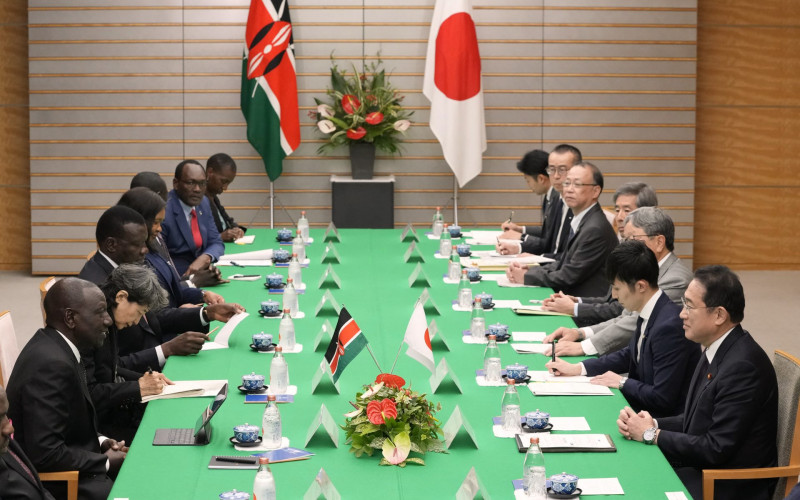Corruption controls, democratic development, and respect for human rights all made it to the forefront of the agenda articulated by the west in the decade following the end of the Cold War, as their foreign policy calculus changed fundamentally. The good governance agenda has also made its way to international business activity, as part of what Buckley et al. call the ‘institutions-based view of strategy’. One of the most consistent findings in that literature is that poor governance quality has a deeply negative impact on international commercial activity. The literature is remarkably consistent on the impacts of the former on the latter. It shows that, all else equal, countries with worse governance outcomes are expected to receive less FDI, invest less, and trade less than their counterparts. Put simply, the causal mechanism raised to explain these findings is that business actors are deterred by poor governance and, as a result, take their business elsewhere.







